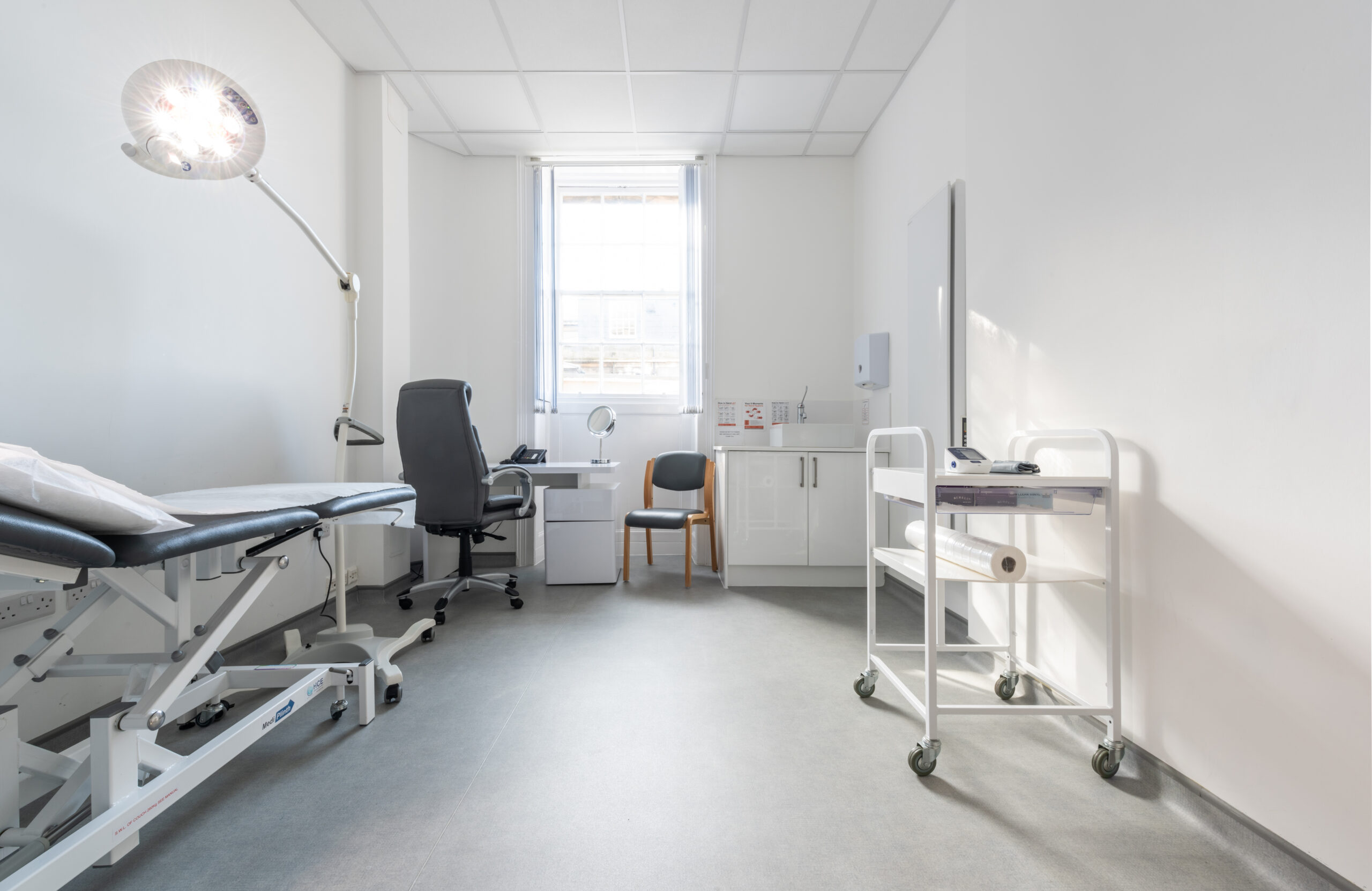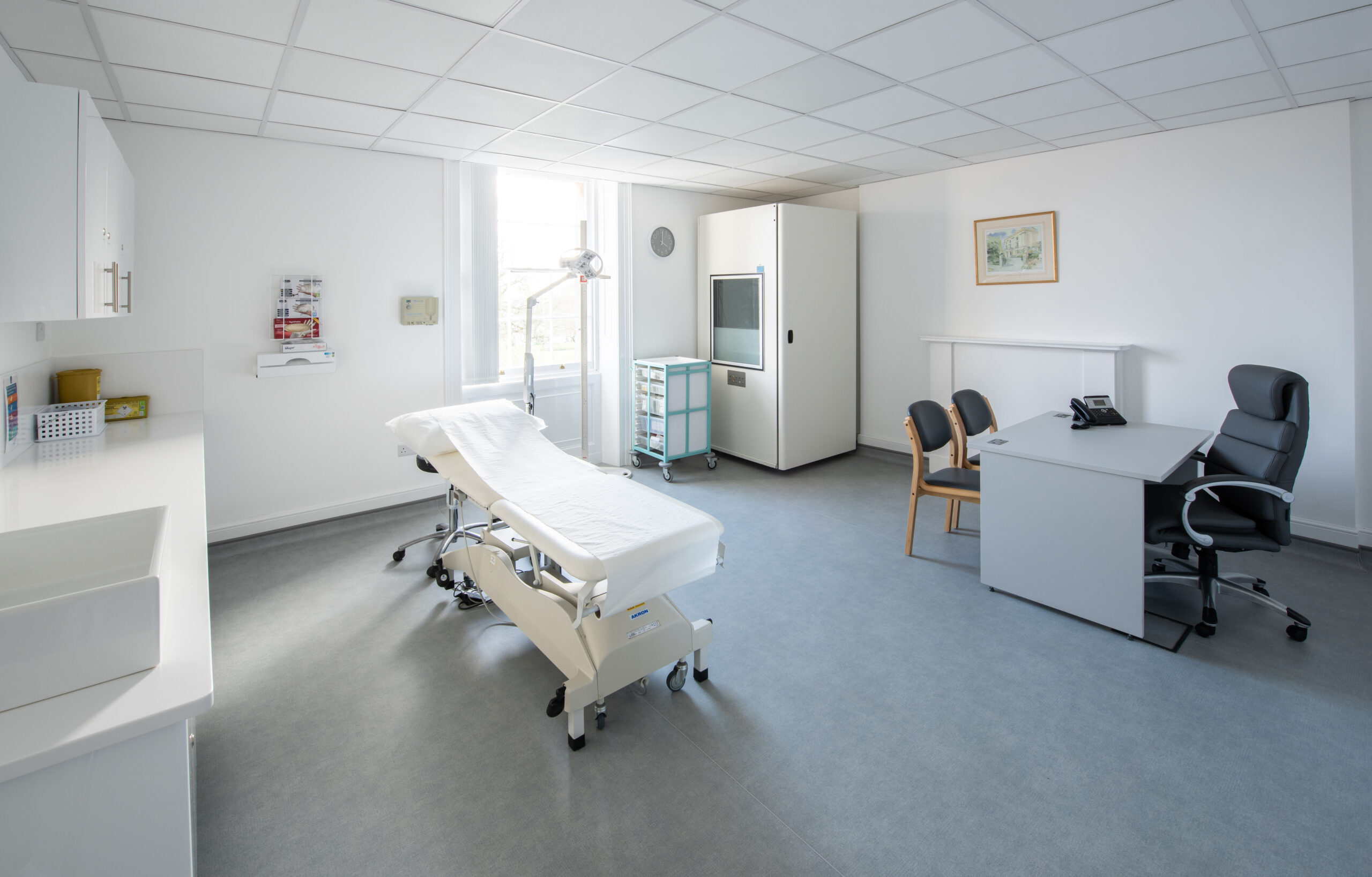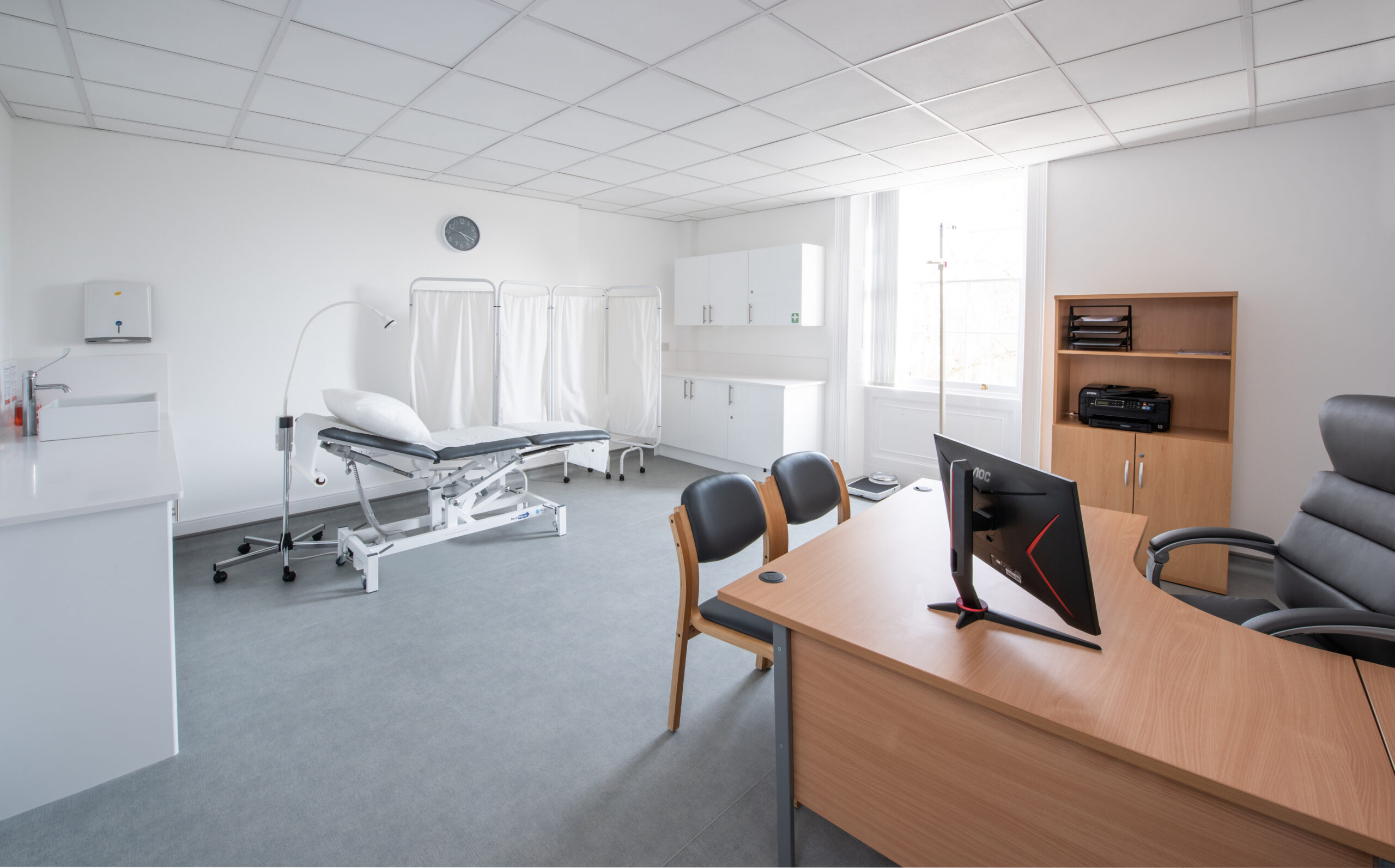Litfield House Medical Centre is proud to facilitate access to wide variety of medical professionals under one roof.
Education and Events
At Litfield House Medical Centre, we host Three Series of 6 GP Educational Lectures throughout each year. These evenings are certificated towards Continual Professional Development (CPD) learning. With the new changes in data protection and the implementation of GDPR, if you are a medical professional and wish to be added to our database, so you can be sent our GP Lecture programme straight to your inbox, please follow this link below to register your details:
Series Two Lecture Programme 2025

.





